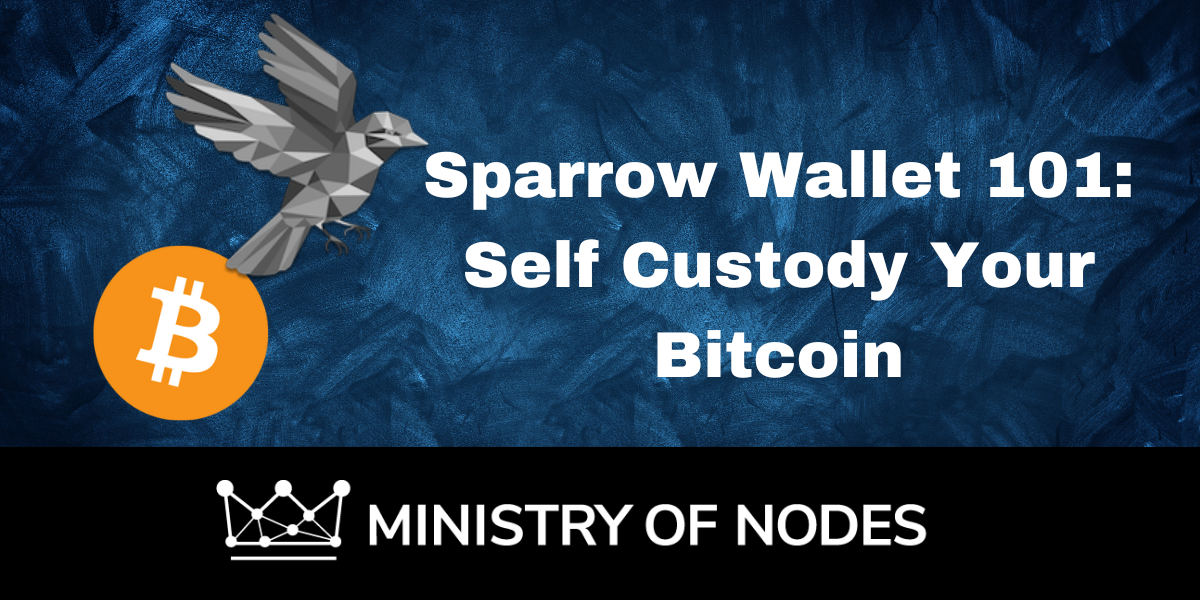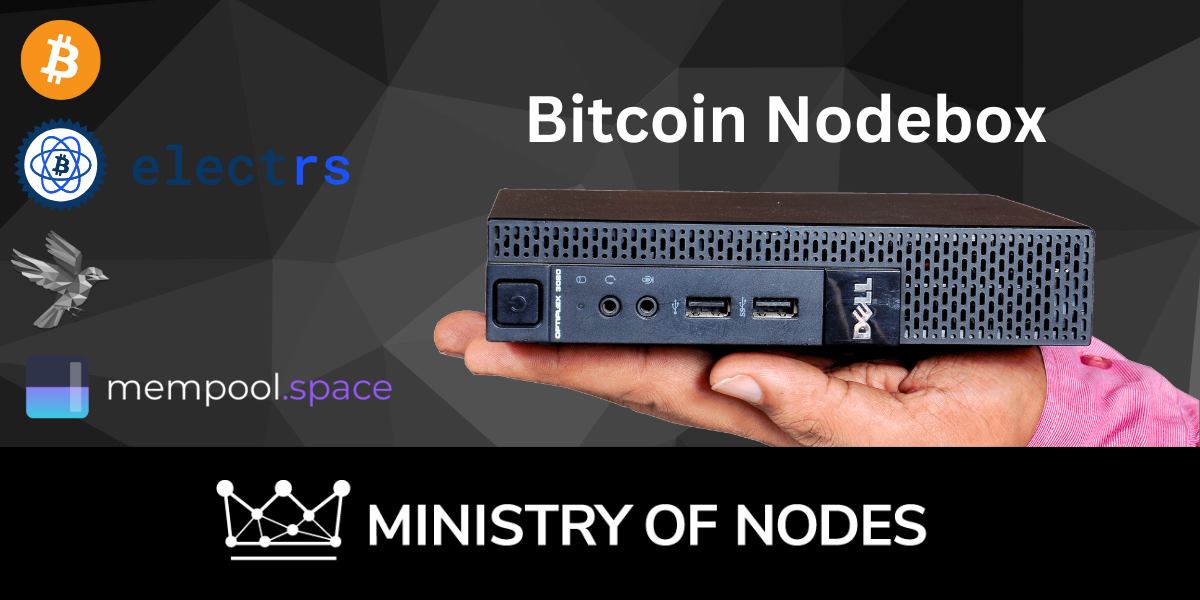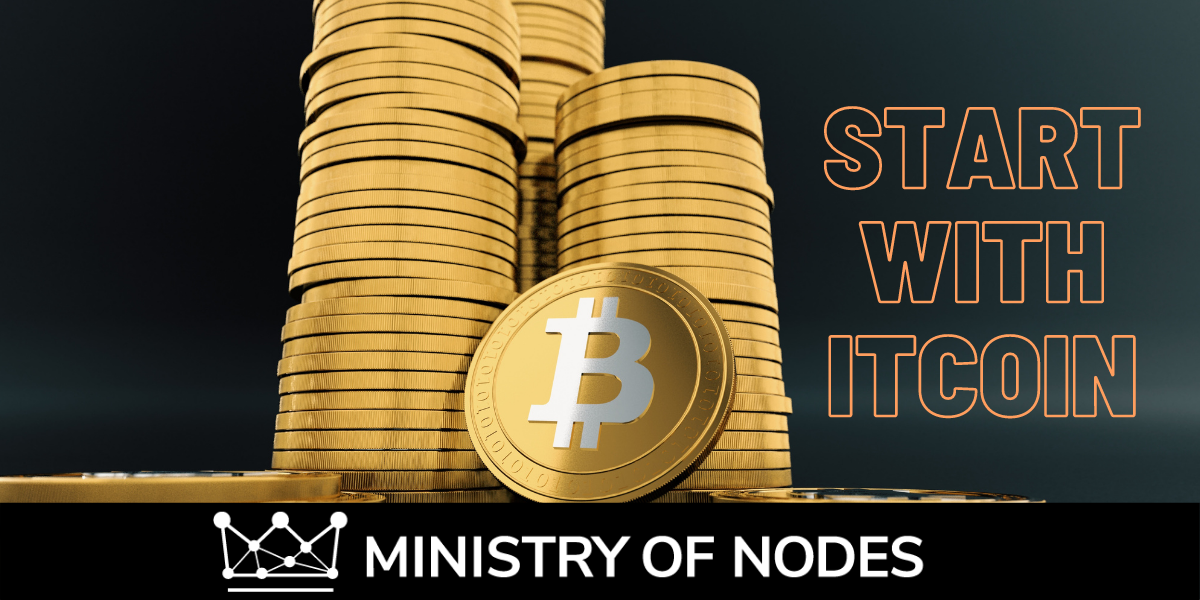.png)
Bitcoin seeds, passphrases and PINs can confuse new bitcoiners. Here’s a short post to help you understand the differences and what it means in practice.
Bitcoin seeds
In simple terms, when you set up a new bitcoin wallet, your device will generate a seed, represented as a series of 12 or 24 words to be written down in order (order matters). This is colloquially referred to as your seed words or recovery phrase.
This is the key thing to protect! This means:
- Never take a photo of it
- Do not put it in your cloud drive or email it to yourself
- Never type it in the computer – this is a common scam / hack. If you must recover, enter it directly into the device
- Don’t tell someone your seed phrase, even if they claim to be a support person helping you
One confusing thing about these seed words is that they are your backup not just for the funds you hold in this wallet now, but they are also your backup for every future transaction you will do with this wallet.
Passphrase
Think of your passphrase like another whole account. So you take the initial 24 words, and you can add additional words and this is like generating a new, different account. You can store bitcoins in the passphrase account, or in the ‘regular’ 24 word account. They will have different addresses and balances in them.
For example on Coldcard, the way you enable or change passphrase accounts is like so:

When you’re just getting started with bitcoin hardware wallets, it’s often more practical for a new bitcoiner to simply not have a passphrase. But then as you become more comfortable and savvy, adding a passphrase is a good idea for security purposes.
Passphrases have historically been referred to as the “25th word”, but in reality if you want to make your passphrase more secure, you will need more than just 1 word. To make a passphrase more secure against a physical seed extraction attack (possible on Trezor wallets), you’d probably have to make it 6 or 7 words from the BIP39 word list.
Lastly, remember that if you lose the passphrase, you lose access to the bitcoins. So if you’re using a passphrase, make sure to keep your seed words and your passphrase backed up.
PIN
The PIN is more like a device level control on your bitcoins. Generally this will be specific to that physical device. The PIN has nothing to do with the cryptography securing your bitcoin, while the seed words + passphrase do.
Think of it this way, if you lost the device and had to recover from your 24 word seed + passphrase, you wouldn’t require the PIN to access the bitcoins.
Depending on the type of hardware wallet you’re using, there will be protections against someone trying to guess the PIN.
Still stuck on Bitcoin Seeds? Get Consulting
Still need help? We offer consulting over zoom calls here, on a ‘pay what you think it was worth’ basis. Go here to book in a time.







.png)